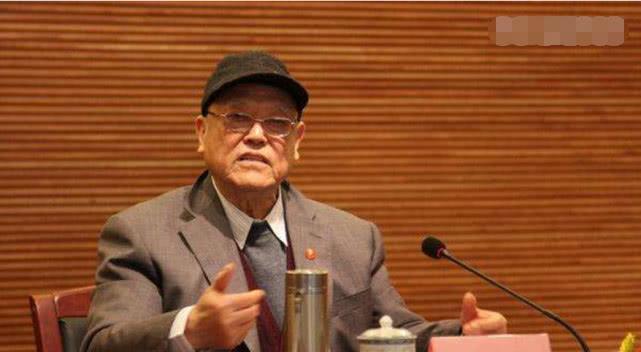On the battlefield of liberation, the number of Kuomintang soldiers captured by the People's Liberation Army was huge, but to calculate the record of the largest number of enemies captured in one battle in one company, one company had to mention. The company commander of this company was really powerful, capturing 4,700 8 generals of the Nationalist army in one battle, and he later became the commander of the military region of the People's Liberation Army.

He was General Lu Fuxiang, born in February 1929, a native of Jiangyan City, Jiangsu Province, joined the revolution at the age of 15, joined the Armed Workers Corps of the Third Sub-district of the New Fourth Army, and at the age of 17 he was incorporated with the troops into the 92nd Regiment of the 7th Column of the Central Soviet Union, serving as the deputy platoon commander of the 2nd Platoon of the 8th Company of the Regiment.
During the Tongyu Line Blockade War, the People's Liberation Army resisted the repeated attacks of the enemy's 5 divisions with the strength of one brigade, which lasted for two and a half months, and the front line was more than 100 kilometers long. By the time the order to retreat was received, there were only 18 people left in the 8th Company, known as the "Eighteen Good Men", and Lu Fuxiang was one of the Eighteen Good Men.
In 1949, at the age of 20, Lu Fuxiang served as the commander of the 7th Company of the 254th Regiment of the 29th Army of the Sanye Ten Corps. On May 25, he participated in the Battle of Songhu, leading 7 companies to launch a general attack on the defenders of Shanghai, and at the docks outside the East Gate, he held a machine gun and fired fiercely, and more than 3,000 enemies were not possessed, and they raised their hands and surrendered.
After the war, the 7th Company was awarded the "First Class Founding Company of the Songhu War", but this was not the highest record for his capture of the enemy. On August 16, 1949, the 254th Regiment captured the county seat of Fuqing County, Fujian Province, and annihilated the remnants of the enemy in Longtian and Haikou, and then he was ordered to pursue the enemy's remnants.
On the night of August 17, Lu Fuxiang led more than 100 soldiers of the whole company to intercept a Nationalist army fleeing south from Fuzhou across the Wulong River at the mountain pass north of Honglu Road. At that time, Lu Fuxiang did not know how many people there were in this nationalist army, and commanded the fighters to rush towards the enemy who had fled south.
The soldiers shouted as they rushed, "Brother Jiang Jun, you are surrounded, surrender your guns and do not kill!" "The soldiers of the Nationalist army have long been unwilling to fight, and they have surrendered their guns one after another. After dawn, Lu Fuxiang counted the results of the battle, and he was scared out of cold sweat. The 7th Company unexpectedly captured more than 4,700 Nationalist troops, including 7 major generals, including Lieutenant General Li Yili, deputy commander of the Fifth Army of the Nationalist Army, and He Tongtang, adviser to the Major General of the Sixth Corps, for a total of 8 generals.
At that time, if this nationalist army had a little resistance, Lu Fuxiang and his 7th company would have been exhausted, and they would not be able to intercept so many people. General Lu Fuxiang has made outstanding military achievements, and has made 8 battle merits, a second-class battle merit, the title of "Combat Hero" of the column, the "Third Degree Liberation Medal" and the "Medal of Honor for Independence Meritorious Service". After the founding of the People's Republic of China, his position continued to rise, and in 1983 he became the commander of the Fujian Provincial Military District. In 1993, General Lu Fuxiang "disarmed and returned to the field", but he did not stop, still running to various places, playing a residual heat for the construction of the army and localities.